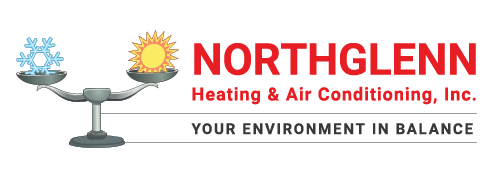
Big changes are on the horizon for the heating and cooling business! Cooling systems shifting from R-410a to newer refrigerants like R-454B refrigerant and R-32 refrigerant will be implemented in 2025. These new coolants are developed to be friendlier to the environment and comply with revised regulations about global warming. But what does that mean for your present HVAC system and upcoming services?
This transition will reduce the environmental impact of our air conditioning systems. Starting with 2025, new AC systems will use new class of refrigerants that more closely match with climate goals. If you're contemplating getting an AC replacement soon, this is the perfect time to explore how these changes can affect your home's comfort.
Why Exactly Is R-410a Being Phased Out?
For years, R-410a was the preferred refrigerant for residential air conditioners because it worked so well. But research showed that R-410a still negatively impacts global warming. Because of this, the Environmental Protection Agency (EPA) implemented a plan back in 2021. The industry will steadily phase out R-410a to make room for refrigerants that are more eco-friendly.
The HVAC industry has made shifts like this before. When the industry phased out R-22 (commonly called Freon) to R-410a, property owners like you had to adapt. And in the same way, this transition will influence how systems are designed as well as the optimal methods for HVAC maintenance. Both homeowners and HVAC technicians must plan for these new refrigerants if they wish to continue enjoying the safest, most energy-efficient cooling possible.
New HVAC Refrigerants Replacing R-410a?
The coming refrigerants are categorized under the new "A2L" classification and contain the newest R-454B refrigerant and R-32 refrigerant coolants. They're developed to deliver the same powerful cooling while substantially decreasing their global warming potential (GWP) compared to R-410a.
R-454B refrigerant is expected to be particularly efficient due to its GWP being about 78% lower than R-410a. While R-454B refrigerant is technically more flammable than R-410a, updates to system manufacturing and maintenance practices will ensure servicing is just as safe to perform. Additionally, today's cooling systems using R-454B refrigerant are significantly more energy efficient, resulting in considerable savings on energy bills over time, especially if you keep up with routine HVAC maintenance.
This change isn't just about swapping out the refrigerant—it impacts the whole HVAC system because the properties of R-454B refrigerant make it incompatible with older systems. In time, every residence and business using R-410a will be required to switch to one of the new systems.
R-410a Replacement: How Can I Prepare to Transition to New HVAC Refrigerants?
Switching to the new refrigerants won't be as straightforward as replacing what's used in your current HVAC system. That's because the different properties of R-454B refrigerant and R-32 refrigerant make existing R-410a systems incompatible. But don't worry—you can continue to use your current R-410a system for now. Just be aware that as time goes on, the price of repairs and tune-ups will increase as R-410a becomes less available.
Preparing in advance is the most effective way to handle things. If your AC system is currently aging, this is the perfect time to think about investing in a newer model that uses the new R-454B refrigerant. Plus, the team here at Northglenn Heating & Air Conditioning can assist you in upgrading with flexible options for HVAC replacement financing.
What HVAC Refrigerant Does My Air Conditioner Use?
Not sure which refrigerant your AC system uses? In general, you can easily locate this information by inspecting the label on your outdoor unit. This label displays the type of refrigerant, the model number and many other particulars about your cooling system.
But if you have difficulty reading the label or are missing your user manual, remain calm! You can always call one of the skilled technicians at Northglenn Heating & Air Conditioning to assist you in identifying the refrigerant. Get all the details you need by giving us a call at 303-452-4146.
